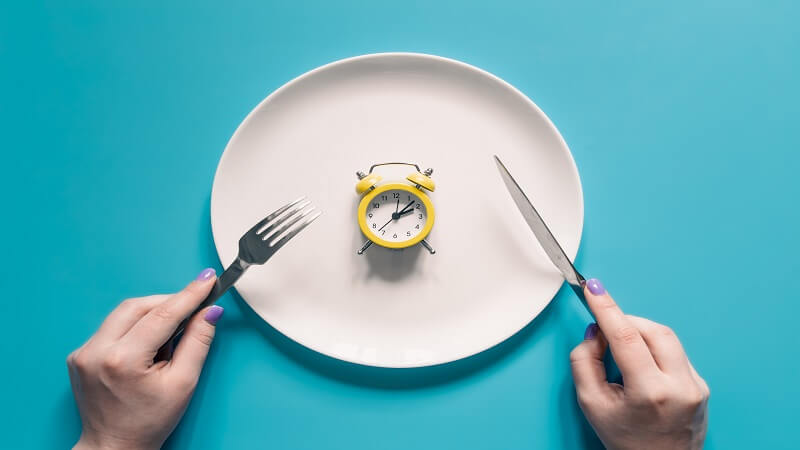In the world of diet trends, there’s always something new. Keto and intermittent fasting are all ways that people are constantly searching for the best way to consume nutrition for health and weight loss. The latest buzz? Circadian fasting is a method that focuses not just on what you eat, but when.
Unlike traditional calorie counting, circadian fasting aligns meals with your body’s natural clock. Some experts argue this approach may be more effective for metabolism, digestion, and even sleep… but does it really work? Let’s break it down after you’ve visited your favorite gaming website, Hellspin Canada, and earned yourself some big rewards by having fun!
What Is Circadian Fasting?
Circadian fasting is a diet based on the idea that our bodies function best when we eat in sync with our circadian rhythm, which is the 24-hour internal clock that regulates sleep, hormones, and digestion.
How It Works
The rules are simple:
- Take in most of your meals during daylight hours.
- Avoid late-night snacking.
The logic? Our metabolism is most active during the day and slows down at night. Dining late can disrupt sleep, digestion, and even blood sugar levels.
Circadian Fasting vs. Intermittent Fasting
While intermittent fasting (like the 16:8 method) focuses on how long you fast, circadian fasting is about when you eat, as the goal isn’t necessarily to reduce calories but to optimize meal timing for better health.
Why Timing Might Matter More
For years, weight loss advice has centered on one thing: calories in vs. calories out…. but some nutritionists now believe that this also plays a bigger role than we thought.
The Science Behind It
Research suggests:
- Digestion is stronger during the day. Insulin sensitivity (how well your body processes sugar) is highest in the morning and drops at night.
- Late eating may lead to weight gain. A 2022 study found that people who ate later burned fewer calories and stored more fat.
- Sleep improves with earlier meals. Eating too close to bedtime can disrupt melatonin production, making it harder to sleep well.
What Nutritionists Say
Some experts argue that even if two people take in the same number of calories, the one who does it earlier may have better metabolic health.
“Your body isn’t just a calorie bank—it’s a timing machine,” says Dr. Sarah Johnson, a nutrition researcher. “Eating in sync with your natural rhythm helps everything work better.”
How to Try It
Interested in giving it a shot? Here’s how to start:
Breakfast kickstarts your metabolism. Try a balanced meal with protein, healthy fats, and fiber, like eggs with avocado or oatmeal with nuts.
1. Make Lunch Your Biggest Meal
Since digestion is strongest midday, load up on nutrients then. A big salad with chicken or a hearty grain bowl works well.
2. Dine Early (And Keep It Light)
Finish dinner at least 2-3 hours before bed, and choose easily digestible foods like fish, veggies, or soups.
3. Avoid Late-Night Snacks
If you’re hungry after dinner, try herbal tea or a small handful of nuts—but avoid heavy, sugary, or processed foods.
Potential Benefits
Could this be the secret to better health? Early research and anecdotal reports suggest several perks:
- Better digestion (less bloating, fewer stomach issues)
- Improved energy levels (no afternoon crashes)
- More restful sleep (since eating late can disrupt sleep hormones)
- Easier weight management (without strict calorie counting)
More studies are needed, but the idea makes sense biologically.
Is It Right for You?
While this approach sounds promising, it’s not for everyone. Shift workers, night owls, or people with certain health conditions might struggle.
Who Should Avoid It?
- People with diabetes (meal timing can affect blood sugar)
- Those with a history of disordered eating (restriction isn’t always healthy)
- Anyone who feels overly limited (flexibility matters!)
